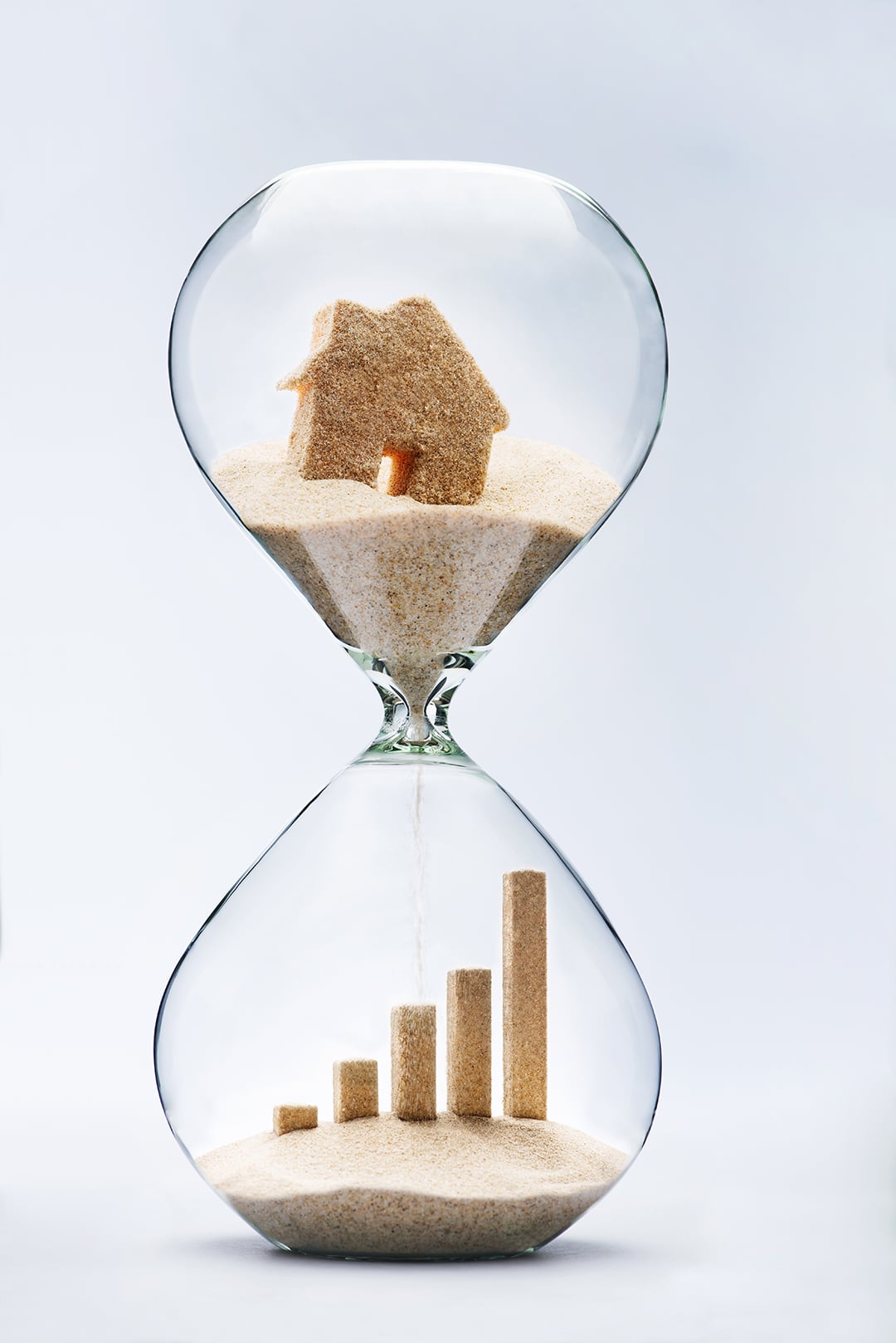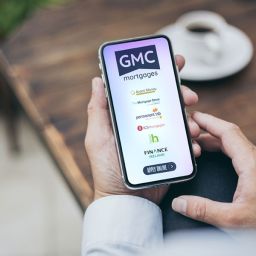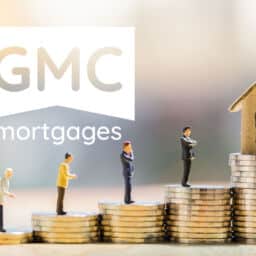
Navigating Current European Interest Rate Rises: Insights for Mortgage Holders in Ireland
As a mortgage holder in Ireland, it’s crucial to stay informed about the prevailing economic conditions, especially regarding mortgage interest rates. In recent times, Europe has witnessed a gradual rise in interest rates, which has had implications for borrowers across the continent, including Ireland. In this blog, we will delve into the current European interest rate landscape and its impact on mortgage holders in Ireland. Additionally, we will explore what the future might hold and when we can expect interest rates to start declining.
Over the past couple of years, European interest rates have experienced an upward trajectory, primarily driven by the evolving economic conditions and monetary policies. The European Central Bank (ECB) sets the monetary policy for the eurozone countries, including Ireland, and has a significant influence on interest rates.
- Economic Growth: As the European economy recovers from the pandemic-induced slowdown, there is an increased demand for credit, leading to upward pressure on interest rates.
- Inflation Concerns: Higher inflation rates have prompted central banks to consider raising interest rates to maintain price stability and prevent the erosion of purchasing power.
- Global Economic Factors: Interest rates in Europe are also influenced by global economic trends, such as changes in the US Federal Reserve’s policy, geopolitical events, and international trade dynamics.

The rising interest rate environment affects mortgage holders in several ways:
As a mortgage holder in Ireland, it’s crucial to stay informed about the prevailing economic conditions, especially regarding interest rates. In recent times, Europe has witnessed a gradual rise in interest rates, which has had implications for borrowers across the continent, including Ireland. In this blog, we will delve into the current European interest rate landscape and its impact on mortgage holders in Ireland. Additionally, we will explore what the future might hold and when we can expect interest rates to start declining.

- Increased Monthly Repayments: As interest rates rise, the cost of borrowing increases, resulting in higher monthly mortgage repayments for variable-rate mortgage holders.
- Affordability Challenges: New borrowers may face more stringent lending criteria and affordability checks due to the higher interest rates, potentially limiting their purchasing power.
- Variable vs. Fixed Rates: Those on variable-rate mortgages are directly exposed to interest rate fluctuations, while borrowers on fixed-rate mortgages can benefit from the stability of their predetermined interest rates.
Predicting the future direction of interest rates is a challenging task, as it depends on various economic factors and policy decisions. However, we can identify some key considerations for mortgage holders in Ireland:
- Inflation Trends: Central banks closely monitor inflation levels. If inflationary pressures persist and exceed target levels, interest rates may continue to rise.
- Economic Recovery: The pace of economic recovery post-pandemic will impact interest rates. Stronger economic growth might prompt central banks to consider normalizing monetary policies, including raising interest rates.
- ECB Policy: The European Central Bank’s monetary policy decisions, including adjustments to interest rates, will play a vital role in determining the future direction. Any indications from the ECB regarding rate hikes or reductions should be closely monitored.
While it is difficult to pinpoint an exact timeframe, several factors could contribute to a decline in interest rates in the future:
- Inflation Moderation: If inflationary pressures ease and stabilize within target ranges, central banks may be more inclined to reduce interest rates to stimulate economic activity.
- Global Economic Factors: Any global economic shocks or events that dampen growth could influence central banks to adopt accommodative monetary policies, including lowering interest rates.
- ECB Policy Shifts: The European Central Bank’s assessment of economic conditions and its policy stance will be crucial. If the ECB believes that lower interest rates are necessary to support economic recovery, they may initiate rate cuts.
Remaining updated on the current European interest rate hikes and their possible consequences is of utmost importance. Lately, interest rates have been climbing, but the future trajectory remains uncertain. By vigilantly monitoring variables such as inflation, economic recovery, and the decisions made by the European Central Bank (ECB), you can ensure you are well-informed and ready to adapt to any developments that could affect your mortgage.
Are you looking to switch your current mortgage to a better rate?
To switch your mortgage you can apply through our online mortgage application click here. If you require further information of switching mortgage to a better rate please visit mortgage switcher page.







